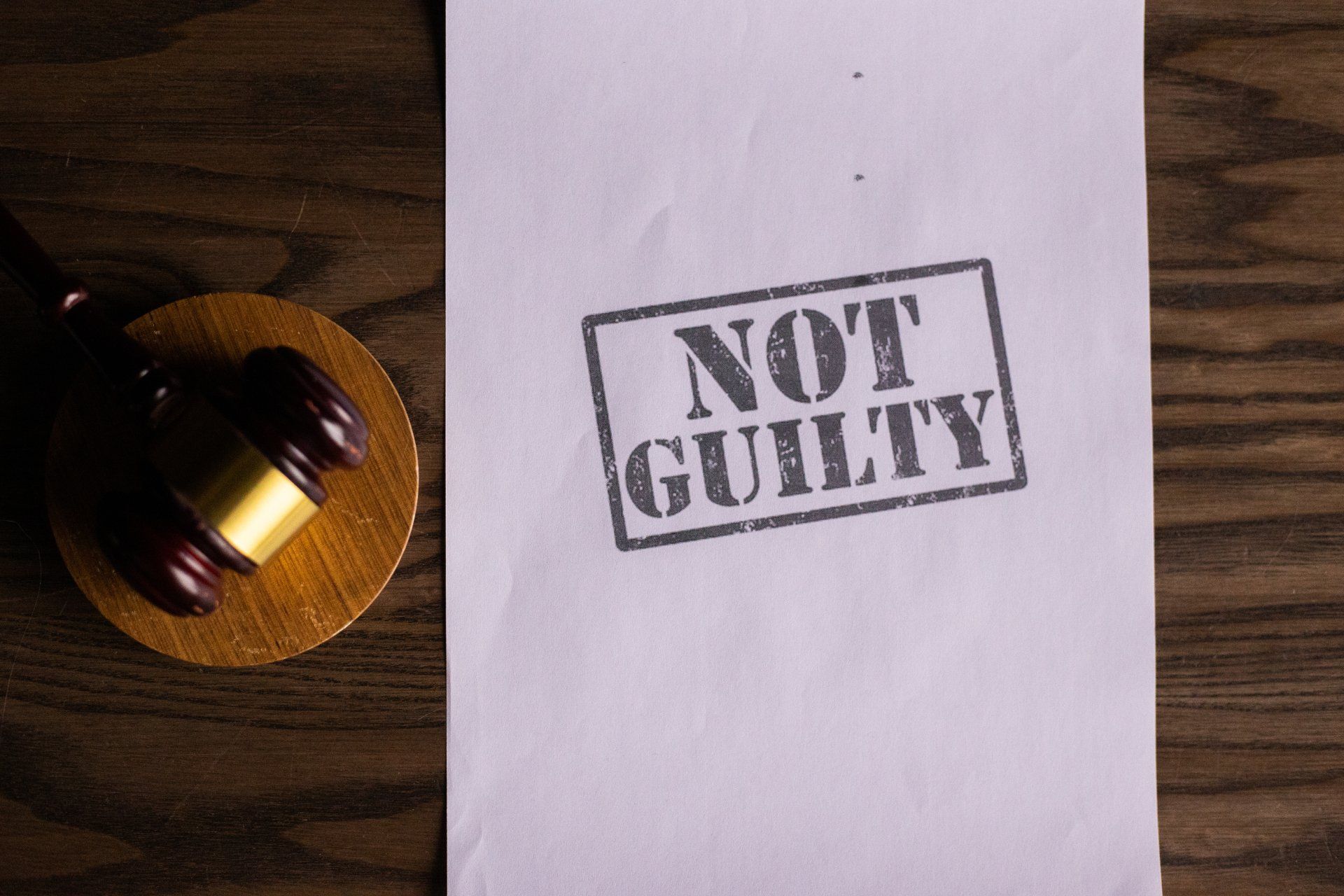Is Shoplifting a Felony? What Happens After Being Arrested for Shoplifting?

If you’ve been arrested for shoplifting and are unsure of Georgia shoplifting laws, it may be time to hire a shoplifting attorney. A shoplifting conviction can have serious consequences, which is why it’s crucial to find an attorney that will fight for you.
In this blog post, we’ll answer questions about shoplifting and what happens after you’ve been arrested. Shoplifting laws vary by state and often depend on the dollar amount of the shoplifted item. If you find yourself facing shoplifting charges, you’ll want the services of a skilled attorney, someone who knows the laws and can help you get your case settled. Contact the Law Office of Samad MuBeen for more information or to set up a consultation.
Is Shoplifting Considered a Felony?
The classification of shoplifting as a felony or misdemeanor depends on the jurisdiction's laws in which the alleged crime occurs. In many places, shoplifting is considered a misdemeanor offense, but it can be elevated to a felony under certain circumstances.
Typically, shoplifting is charged as a misdemeanor when the value of the stolen merchandise is below a certain dollar amount. If the value exceeds that threshold or if the shoplifter has prior convictions or theft-related offenses, the charge may be elevated to a felony.
After being arrested for shoplifting, the following events are likely to occur:
- Arrest: The police will apprehend the individual suspected of shoplifting based on evidence provided by store personnel or security cameras.
- Booking: After the arrest, the arrested person will be taken to the police station or jail for processing. This booking process includes recording your personal information, having your photograph taken, and you may be fingerprinted. Lastly, you will also be informed of your rights, including the right to remain silent and the right to an attorney.
- Charges: The shoplifter will be formally charged with the alleged offense. The severity of the charges will depend on factors like the value of the stolen goods, any prior criminal history, and local shoplifting laws.
- Bail or Release: Depending on the jurisdiction and the nature of the alleged crime, the shoplifter may be released on bail, given a citation to appear in court, or held in custody until the court date. Alternatively, the accused may be released on their own recognizance at the judge’s discretion.
- Court appearance: The accused individual will have to appear in court to address the charges. If the shoplifter pleads not guilty, a trial will be scheduled where evidence will be presented, and a judge or jury will determine guilt or innocence.
- Pretrial Proceedings: If you plead not guilty, the case will proceed to pretrial proceedings. This phase involves gathering evidence, witness statements, and negotiations between your attorney and the prosecutor. A skilled and experienced attorney may be able to negotiate your acceptance into a diversion program or a favorable plea bargain, depending on the case's jurisdiction and circumstances.
- Trial: If negotiations do not reach a resolution, the case may proceed to trial. At the trial, the prosecution will present evidence, and your attorney will have the opportunity to present your defense. The judge or jury will then determine your guilt or innocence.
- Sentencing: If you are found guilty or if you choose to plead guilty, the court will impose a sentence. The sentence can vary depending on the severity of the offense, your criminal history, and other relevant factors. Penalties may include fines, probation, community service, restitution to the store, or significant jail time in more severe cases.
Do You Need to Hire a Shoplifting Attorney?
Remember that the legal process can be complex and may differ depending on the jurisdiction and the specific shoplifting laws in place. If you face charges for shoplifting or any other criminal offense, you should call the Law Office of Samad K Mubeen. It is crucial to seek legal advice and representation from an experienced shoplifting attorney to protect your rights and navigate the legal system effectively. Contact the Law Office of Samad MuBeen for a free consultation.
© 2025 The Law Office of Samad K. Mubeen LLC








